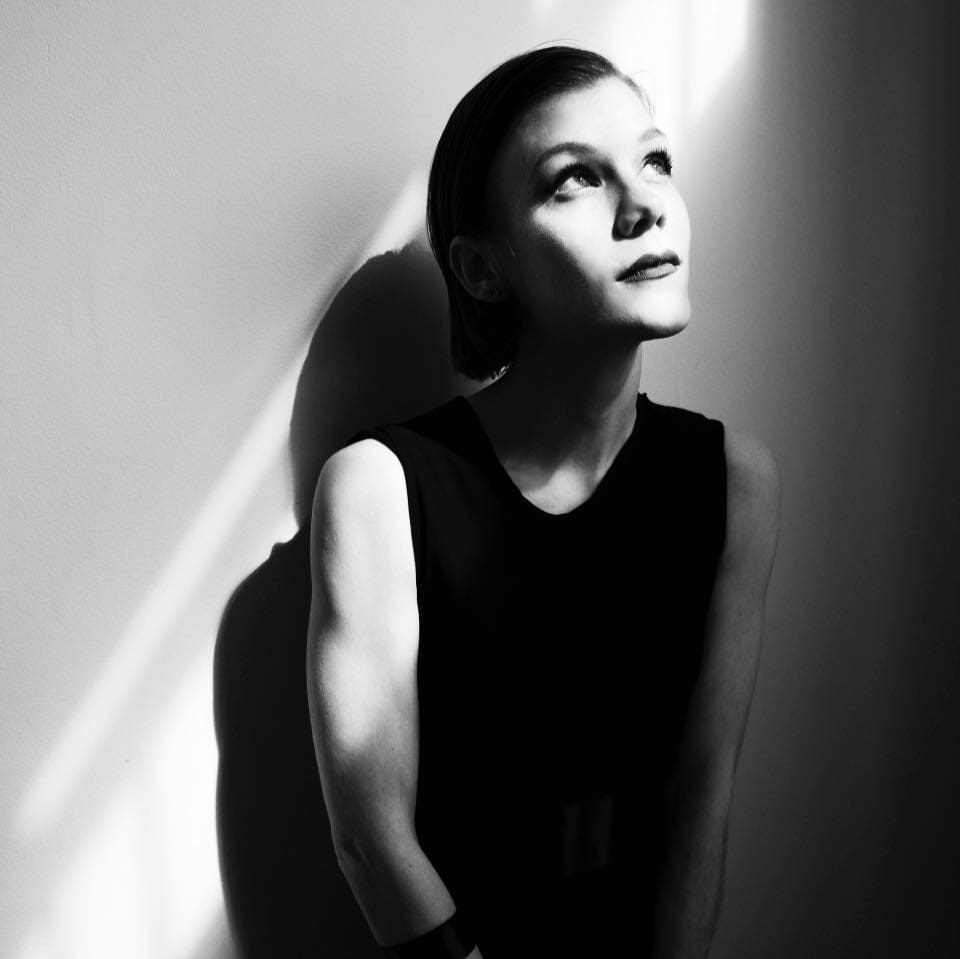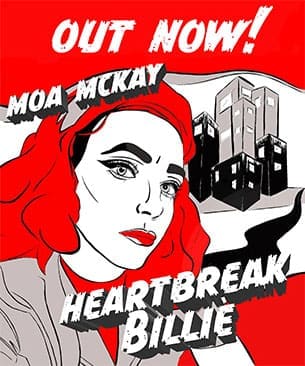Belgian-American multi-instrumentalist Trixie Whitley’s latest record Lacuna was released earlier this week, three years after the release of her previous album Porta Bohemica.
With an utterly mesmerizing intro track highlighting the ethereal tones of Whitley’s voice, it’s certainly an eyebrow-raising start to the record. Influenced by a more Eastern musical culture, the dronal aspects to the short piece leave us curious and unsure what to expect next.
Second track Heartbeat opens in stark comparison to the introduction, with a grittier and more industrial sound. There’s a delicious contrast between the roughness of the instrumental accompaniment and delicate nature of the vocal line; sumptuous harmonies and wonderfully peculiar percussion result in an intriguing texture. It’s layered and complex, and we understand completely why it’s the first full-length track on the record.
The dense electronica atmosphere present in Long Time Coming makes it stand apart from other tracks on the record, but manages to hold its own. With an eerie minimalist sound, Whitley’s vocal line is reminiscent of old-school 90s R&B; providing an interesting contrast with the more modern instrumental section. Be warned – the chorus is ridiculously catchy, so do expect to walk a round with a rather prominent earworm for the rest of the day. It’s aptly titled and representative of the album as a whole, considering that Whitley suggests that her latest project is something of “an ode to [my] 14-year-old self,”.
The gnarly guitar solo introducing us to May Cannan is only just overshadowed by the gorgeous production values applied to the vocal line; beautifully raw and no-nonsense, it’s a track that immediately commands attention. It flows with ease, and mellows out slightly as the track progresses – although, it must be noted, at no point does the energy drop. Lyrically, it feels totally authentic, a comment which might be applied to the album as a whole. At no point does anything in this record feel forced or unnatural – everything seems to develop completely organically.
With obvious free jazz influences, Dandy reveals yet another side to Whitley’s songwriting ability. It’s slightly more experimental than the other tracks present, but features the same rich vocal line we’ve come to know and love listening to this album. Offering a new perspective on this genre, it stands in stark juxtaposition to the desert-rock-slash-blues-inspired Time. It’s intelligent and simply fun – she’s not trying too hard, and the fluid motion of this composition completely reflects that. The dissonance-heavy harmonies are sublime, with the instrumental section provocative and gripping. Thick with reverb and a sense of decay, it’s thought-provoking and holds a certain allure that’s hard to put your finger on.
The dissonance-heavy harmonies are sublime, with the instrumental section provocative and gripping
We need to talk about the drum beat in Touch: it’s immensely satisfying to listen to (hat tip to producer extraordinaire Little Shalimar), deftly avoiding the trap of excessive compression, which is sadly far too familiar with tracks of this nature. Whilst it’s by no means the most upbeat song on the album, there’s something about the gut-punchy tone which cements its place as a standout track. Followed by the snazzier Bleak, we’re treated to a Mariah-Carey esque vocal line packed with shameless melismas and trills – although the track does take on a calmer nature as it progresses. Regardless, there’s no denying that Whitley is a truly gifted vocalist – we’re intrigued to see what she’ll bring next.
There’s a slight breather in the form of the acoustic track Fishing for Stars (which, whilst we’re totally into her sound, provides a well-earned and ideally placed rest). Lyrically, it’s beautiful, with apparent inspiration drawn from Beat poets. It’s laid-back and sweet, but tinged with a sense of melancholy and wistfulness. Followed by the penultimate song Dare to Breathe – which, although performed and produced to a high standard, doesn’t particularly distinguish itself too much from any of the other works on the album – and closing track The Hotter I Burn, it becomes abundantly clear that Trixie Whitley is one to keep your eyes on.
This most recent outing seems to represent the Brooklyn-based musician’s attempt at shedding her skin; it’s intriguingly experimental, whilst keeping hold of her characteristic style seen in previous records. She’s clearly not afraid to push the boundaries of the genre, and this album is all the better for it.
Trixie will be performing at Astra Kulturhaus on 3rd May alongside dEUS – get your tickets here!


